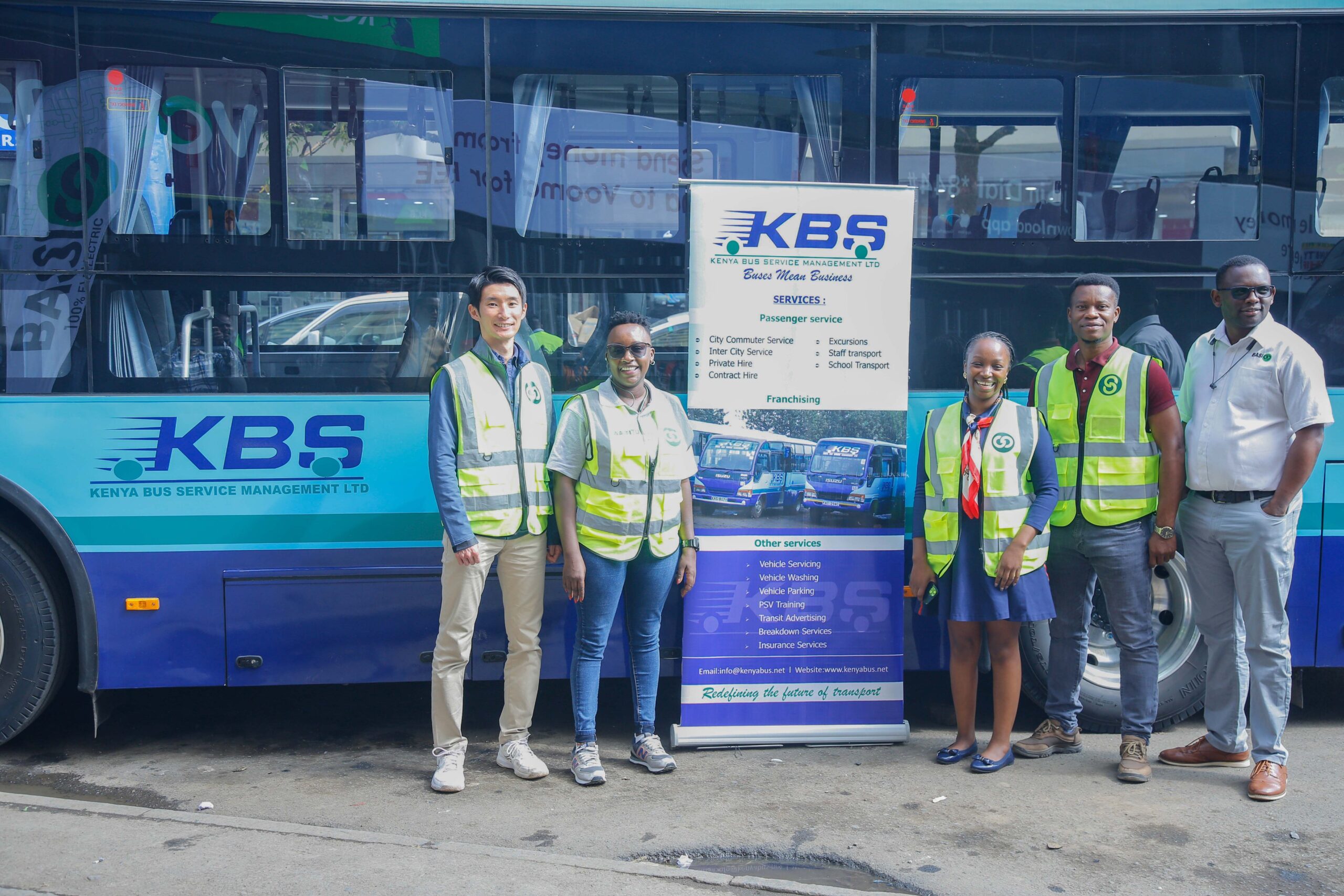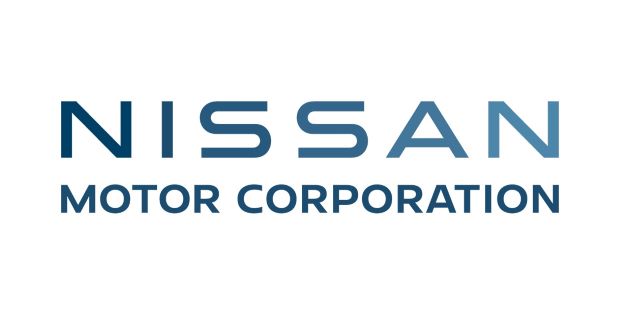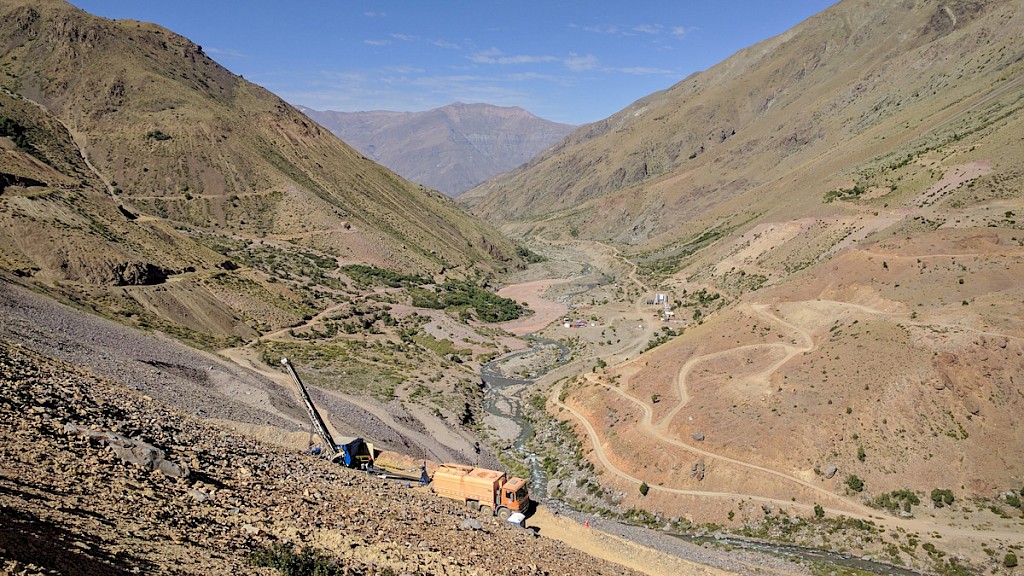Federal Resources Minister Madeleine King has told The Australian Financial Review (AFR) that she supports a green price premium for nickel produced in Australia.
The pricing structure would differentiate between the Australian-produced nickel that follows strong environmental, social and governance (ESG) standards and the ‘dirty’ nickel produced in Indonesia.
King told AFR that battery and car manufacturers may need greater incentives to pay for ethically-produced nickel.
“We are yet to see any meaningful ESG premium for green or ethically sourced nickel or nickel sulphides,” King said. “These are increasingly important issues for importer nations of nickel such as members of the European Union.
“It may be that manufacturers… using nickel need to be incentivised more positively to pursue nickel mined and refined with high ESG standards. And, importantly, these ESG standards need to be authentic, realistic and achievable.”
The support for a green nickel premium follows the US Government’s decision to block Indonesia’s bid to become a nickel free-trade partner, which was applauded by nickel miners such as Chalice Mining, BHP and Wyloo (formerly Wyloo Metals).
AFR reported that Wyloo is currently gathering backing for the London Metals Exchange to distinguish between ESG-produced nickel and ‘dirty’ nickel from Indonesia.
Back in Australia, nickel players have been facing multiple headwinds.
Panoramic Resources and its subsidiaries PAN Transport and Savannah Nickel Mines entered voluntary administration in December 2023, with its directors appointing administrators as a result of a continuous decline in nickel prices.
Around the same time, IGO announced that it had paused construction of the mechanised materials handling system at its Cosmos nickel operation in Western Australia. The company is expected to provide an update on the review outcomes in its December quarterly report.
Nickel is now one of six minerals on Australia’s new strategic materials list. The list identifies commodities that are essential for the energy transition but aren’t vulnerable enough to meet the critical minerals list criteria.
Subscribe to Australian Mining and receive the latest news on product announcements, industry developments, commodities and more.




